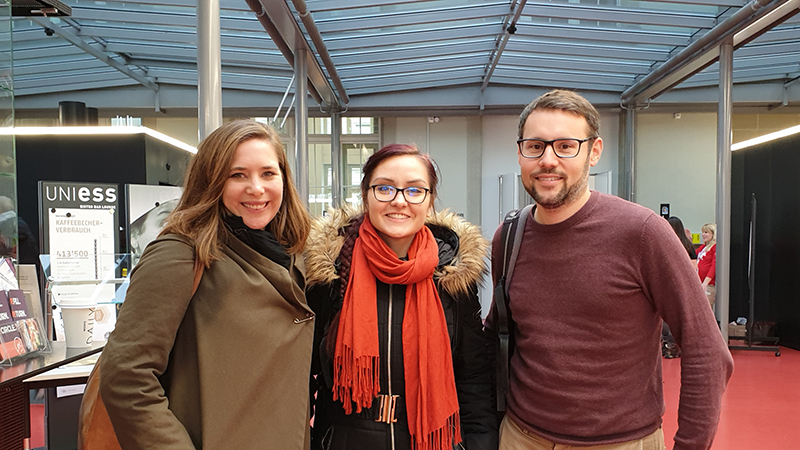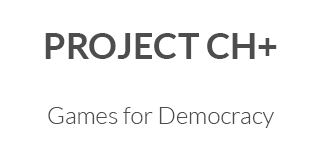
On Thursday I was in Bern to share the first research insights with Carol Schafroth from the Campus for Democracy Michael Erne from smartvote.
The surveys were not only about the gamification of political communication but also addressed how participants thought on the previous and newly elected parliament, what they thought of politicians and candidates, how well they could find their way in the swiss voting system and where they have the most difficulties during elections. There were also some questions on requested features, which would help them form their opinion during political elections.
It is too early to publish the results on this blog, because I would like to carry out a couple of additional analyses. Moreover, there will be another research in February-March, which is going to allow for more contextualization of the research findings from these surveys. At the latest, the evaluation of the results will be finished with the completion of my Master’s degree in summer 2020.
What can already be said here is that we must present digital information on our system and political agents in a more user friendly way and that we have to update the available content. Many proposed gamification elements are met with positive interest – however, things should not be too playful.
I am now using the insights to adapt the current concept to better fit the user’s needs, to add an prioritize different functions as requested in the surveys. This way, an improved version of the app can be tested during cantonal elections in Uri (March 2020). The replies from the online surveys are complemented by the statements from 10 half-hour user sessions that have been carried out with volunteers.

The Dimensions of the Surveys
In all surveys, more than half of the participants were below 30 years of age. In total, 551 participants submitted valid responses.
In the first survey, 408 valid answers were collected, most of which came from the canton Zurich and the canton Uri. In Uri, I worked together with a vocational training centre BWZ Uri and the academic high school Kollegi Altdorf. Additionally, the survey was shared by teacher staff from various departments at the Zurich University of the Arts.
224 replies can be evaluated for the second survey. The average age of this survey is heightened because the students from Uri had an autumn break and the questionnaire was shared in the newsletter of the online magazine “Republik”.
For the last survey, 193 valid responses were sent in. Most of them came from the canton Uri.
I would like to thank the teachers from the BWZ and the Kollegi as well as the professors who shared the research with the ZHdK network, the Campus for Democracy, smartvote, easyvote and everyone else who shared or participated.
-
Survey 1: Relationship to politics & degree of playfulness
- 09-22. September
- Average age: 26.5 (more than three quarters below 32)
-
Survey 2: Perception of the national elections & wanted support during the process of choosing political candidates
- 7-20. October
- Average age: 35.1 (roughly two thirds below 32)
-
Survey 3: Experience after the elections & wishes for improvement for the next elections
- October – 03. November
- Average age: 29,3 (roughly three quarters below 32)

Leave a Reply